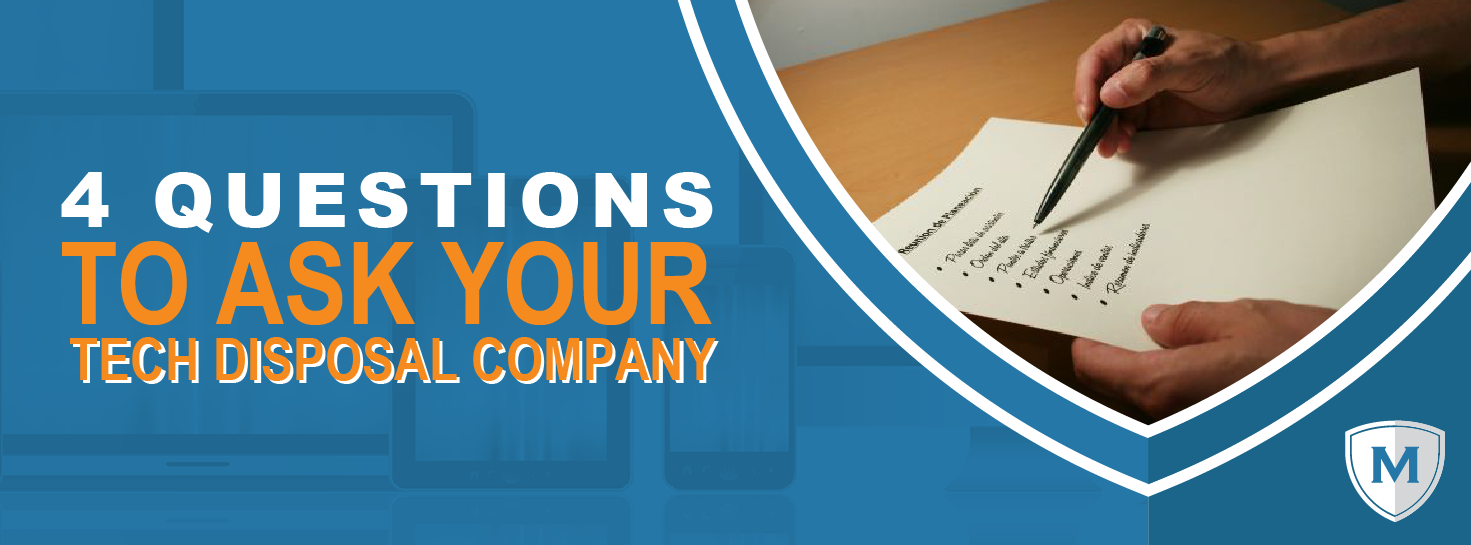Maxxum Insured by Downstream Data Coverage
March 8, 2016Maxxum has always taken our responsibilities as a secure data destruction service provider very seriously. It’s why we’re proud to be AAA NAID certified—a program that establishes standards for secure data and equipment destruction processes.
These NAID (National Association for Information Destruction) standards include:
- Operational Security
- Employee Hiring and Screening
- Audited by Independent 3rd Party
- Documented Process
- Data Destruction Insurance (best practices)
Maxxum passed a strict audit to become NAID AAA certified and has agreed to not only be recertified every year, but must pass random audits during the course of the year.
Working with an asset disposal company that is NAID AAA certified should first and foremost bring peace of mind to an organization. With data breaches and information theft making headlines far too often, it’s a HUGE relief for companies to partner with an organization like Maxxum, who will make sure they receive documented transfer of custody and indemnification from their technology assets.
Ensuring Data Security One Step Further with Downstream Data Coverage
Maxxum is now taking that piece of mind one step further for their customers as a “best practices” initiative. We’re now insured by Downstream Data Coverage, the only professional liability coverage developed specifically by NAID for data destruction services.
From the Downstream Data Coverage website:
“Data-related service providers obtain professional liability insurance to protect themselves and to ensure they can cover their financial liabilities to their clients. When a service provider purchases an inadequate professional liability policy, they not only put themselves at risk, they also leave their customer exposed. Downstream Data Coverage seeks to make sure that doesn’t happen.”
This specialized policy addresses many of the shortcomings of standard professional liability coverage that leave service providers and their customers at risk.
Downstream Data Coverage is only available to service providers that are subject to the routine announced and unannounced audits of NAID AAA certification. This means that not only is the service protecting the customer with quality professional liability insurance, the service provider is also operating under the scrutiny of outside auditors trained specifically for that purpose.
Too many technology asset destruction service providers rely on off-the-shelf professional liability coverage because they had no other alternatives. Many times that coverage still leaves companies without the full coverage they seek.
Many customers remain at risk, because their service provider would not be able to effectively cover their liability. At Maxxum, we are proud to ensure our processes meet the high standards needed for proper technology asset disposal and data destruction; with Downstream Data Coverage, we’ve just taken it one step further.





